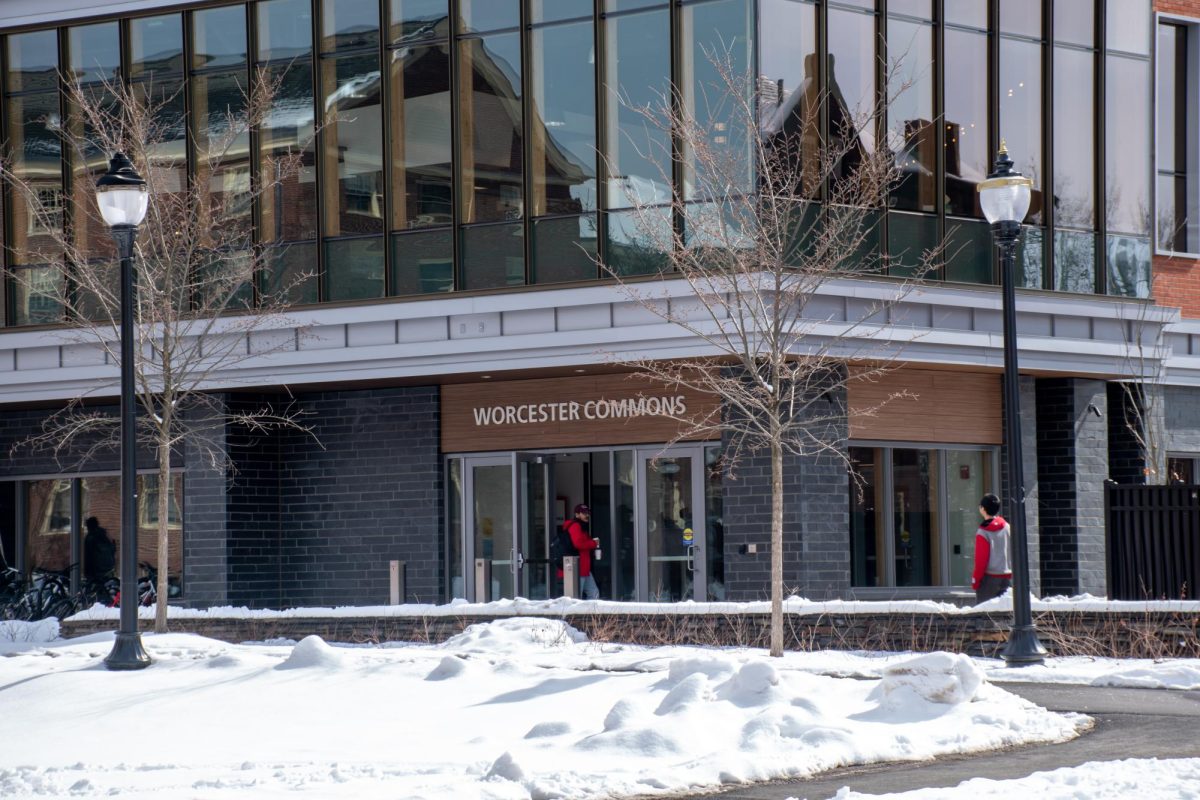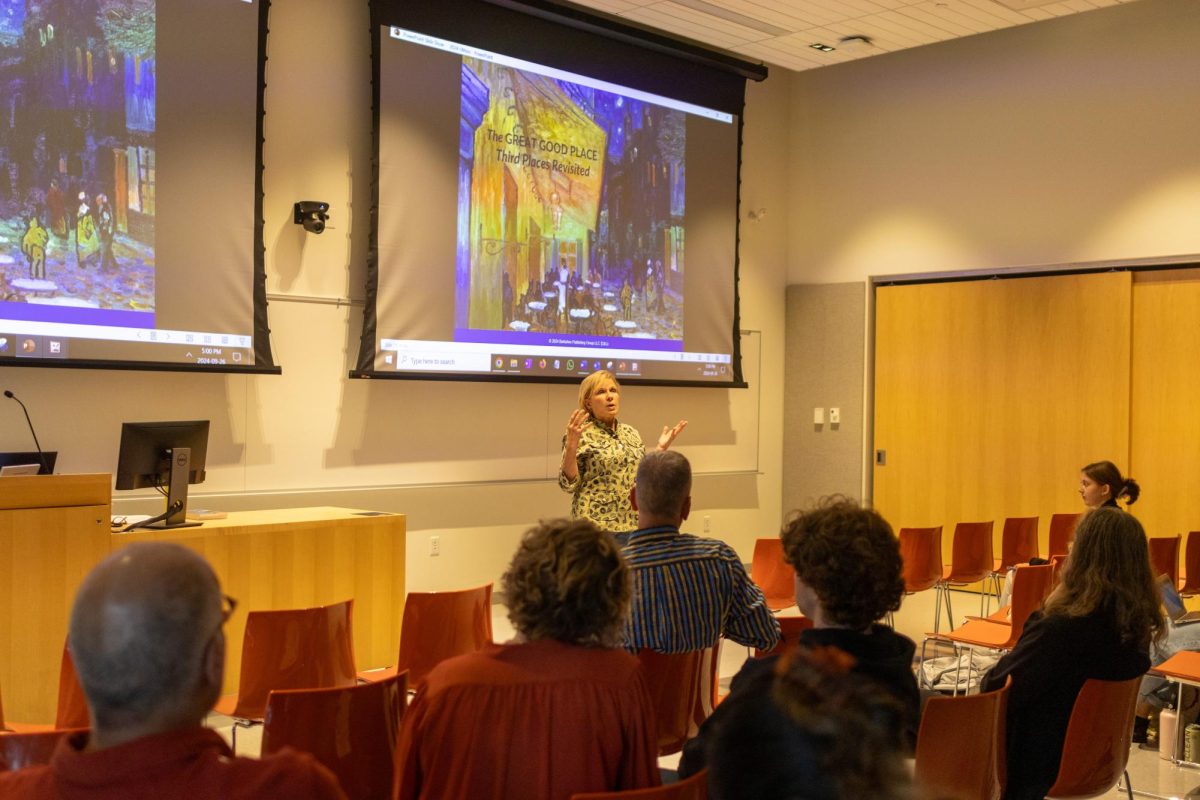According to the National Center for Prevention of Youth Suicide, suicide is one of the leading causes of death for college students in the United States.

But Dr. Harry Rockland-Miller, director of the Center for Counseling and Psychological Health at the University of Massachusetts, wants you to know that there are ways to prevent this.
“Help is available. You’re not in this alone,” he said. “Talk it out and if you are starting to have thoughts of suicide, get some professional help.”
Following National Suicide Prevention Week, which ran from Sept. 8- 14, Rockland-Miller said that he wants students to be more aware of the signs and the resources that can save lives.
“Historically, talking about suicide was something that was associated potentially with stigma or shame,” he said. “We want to normalize and give people information and educate and make it easier for people to reach out for help.”
According to Rockland-Miller, over 15,000 visits were made to the Center for Counseling and Psychological Health last year.
“At UMass, we have a community of care,” he said. “We are a community that actively cares for each other and our students and there are lots of resources available.”
He added that according to national studies, up to 10 percent of college students in a given year will have thoughts of suicide, and while not many of those will actually make an attempt to end their lives, seeking help early is an important step to take on the road to recovery.
“The earlier you step in in that continuum, the better it is,” said Rockland-Miller.
He also added that friends and families should be active bystanders, willing to help loved ones who may be struggling with depression or thoughts of suicide.
“Friends and family can do a lot,” he said. “You want to be supportive and non-judgmental, be a good listener and you want to help direct your friend or family member to professional help.”
According to Rockland-Miller, the signs to look for in someone who may be struggling include an overall depressed mood, feelings of hopelessness, change in eating and sleeping habits, difficulty concentrating, mood swings or even a change in alcohol or drug usage.
Students with any of these signs are encouraged to seek help in one of the many programs offered on or off campus. Those offered at the center include 24/7 crisis and emergency consultation, brief and intermittent psychotherapies and psychiatric consultations. Rockland-Miller also added that the center has a community provider network where students can be referred to off-campus help.
With so many resources readily available, he said that what he wants most is for students to know that there is no shame in feeling depressed and seeking help.
“This is relatively common,” he said of students who may have some suicidal thoughts. “I want to normalize people seeking out support.”
Students in need of help or someone to talk to are encouraged to contact the Center for Counseling and Psychological Health at 413-545-2337 or call the 24/7 National Suicide Prevention Lifeline at 1-800-273-8255.
Jaclyn Bryson can be reached at [email protected].













Kris • Sep 18, 2013 at 10:00 am
Thank you for getting this out there.